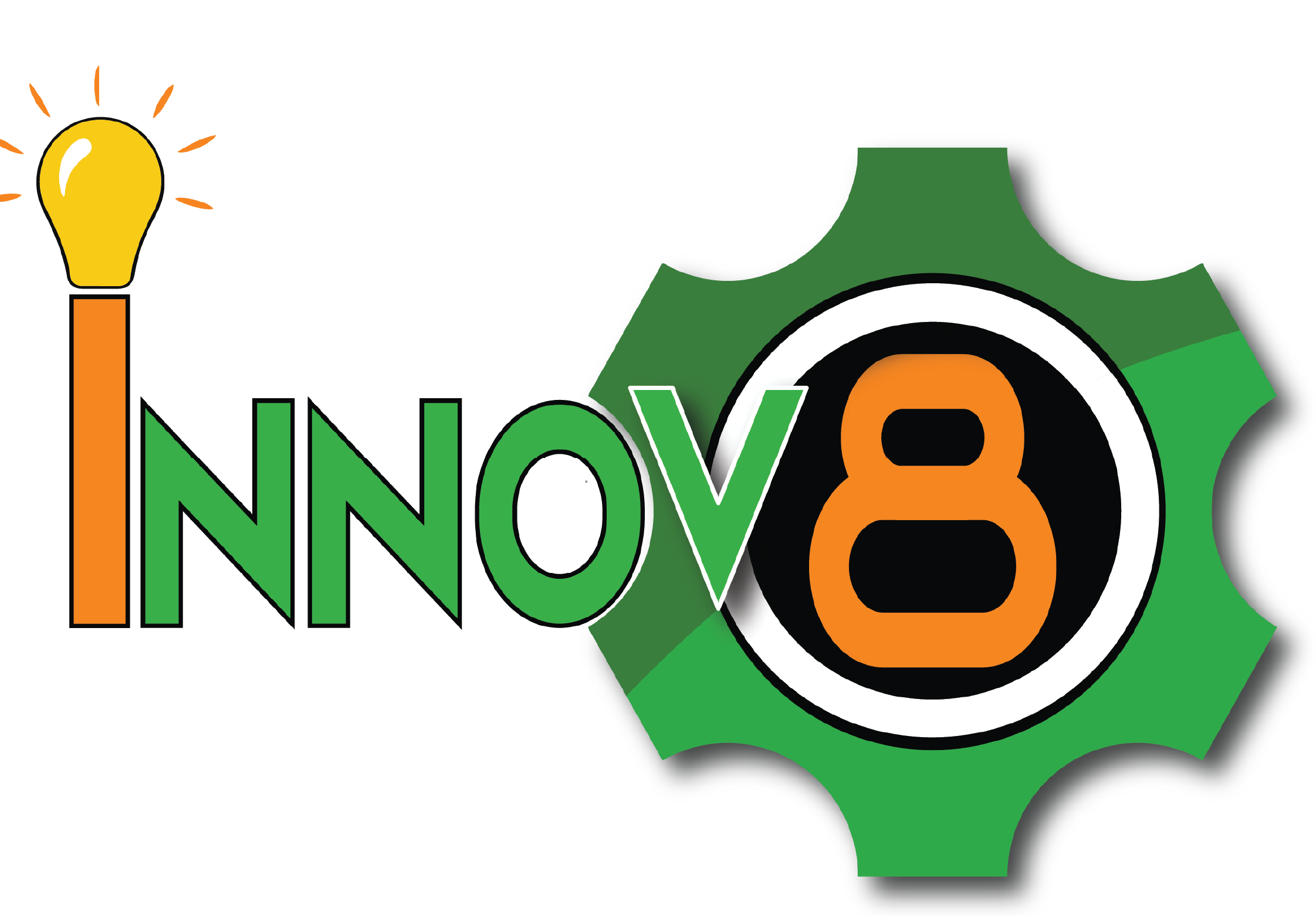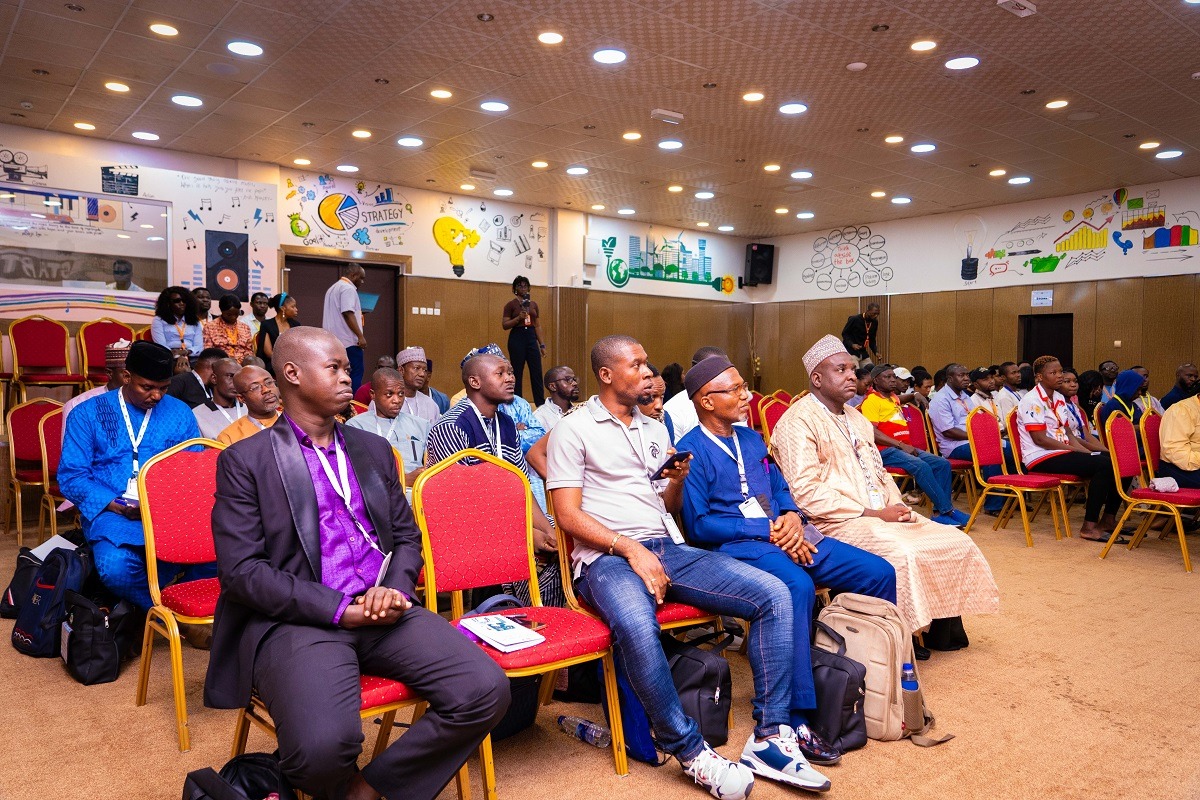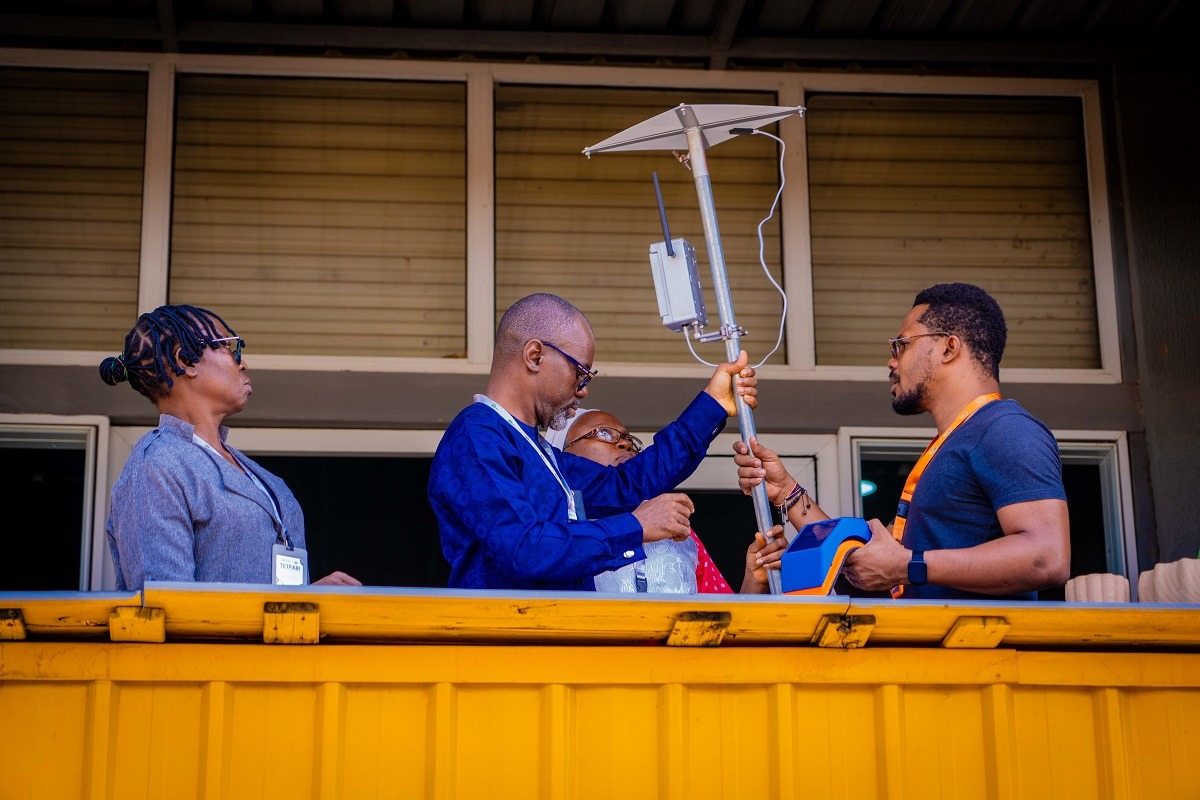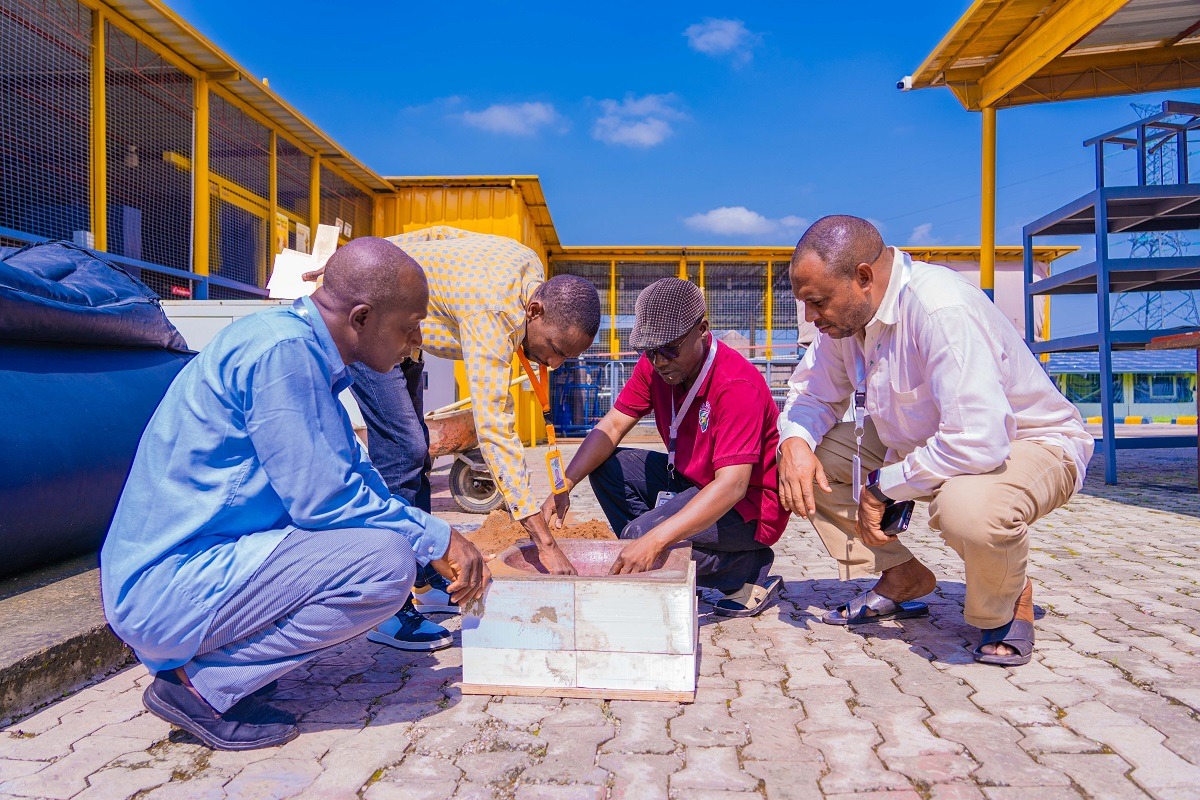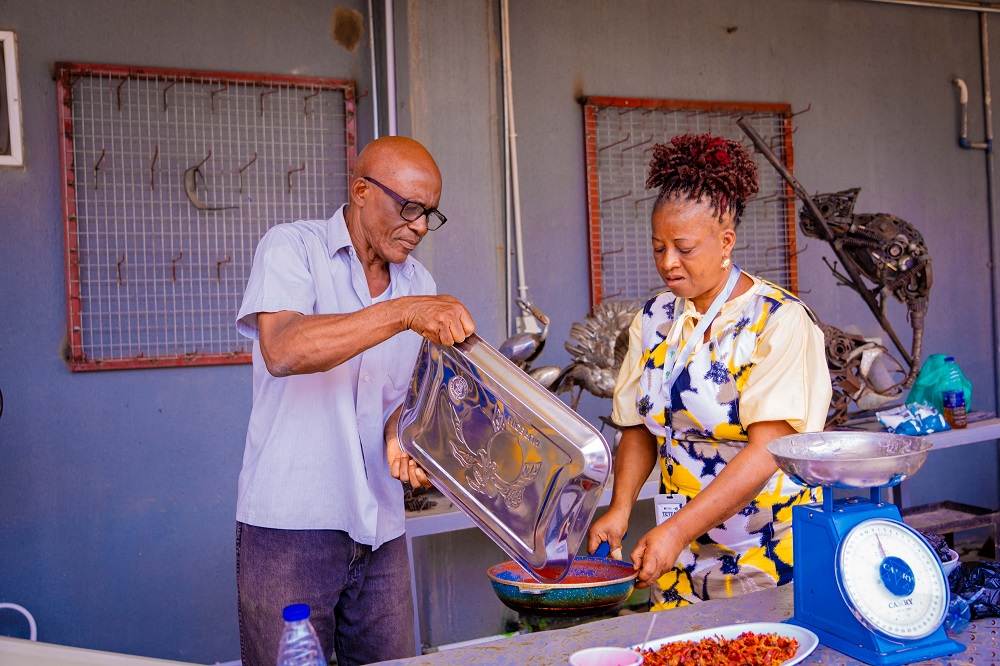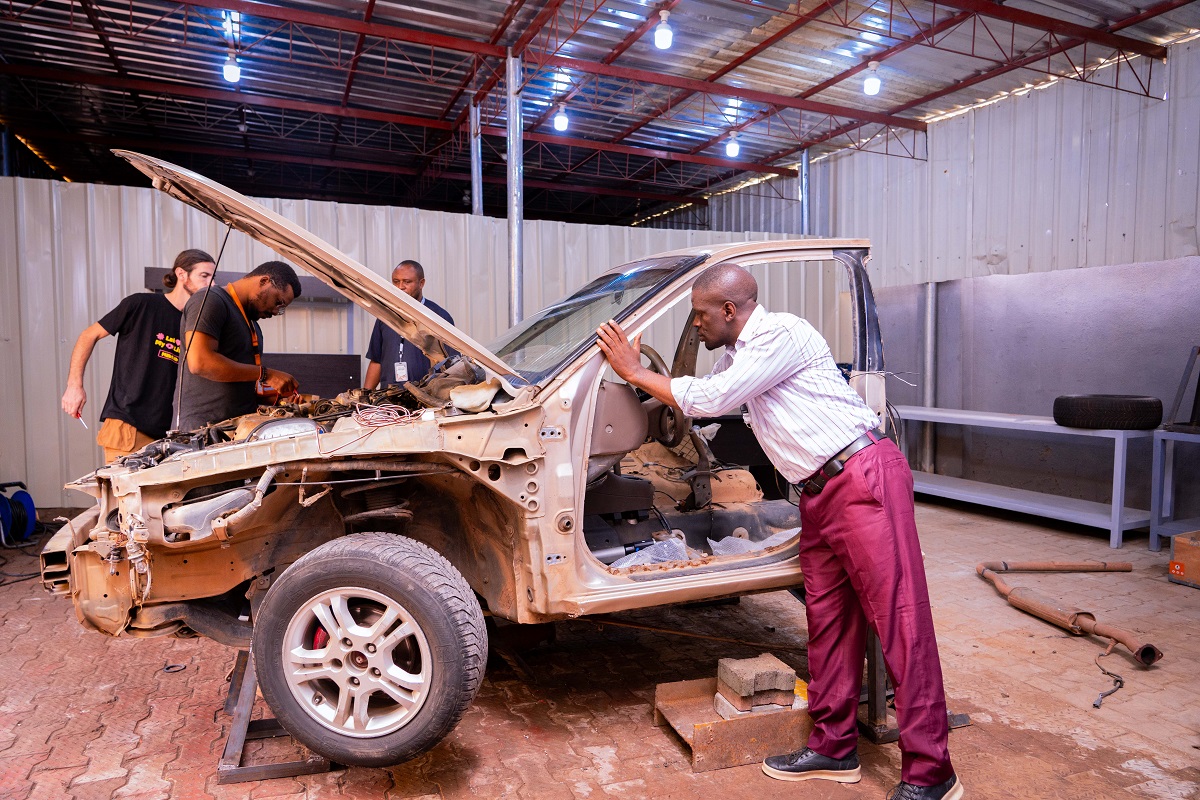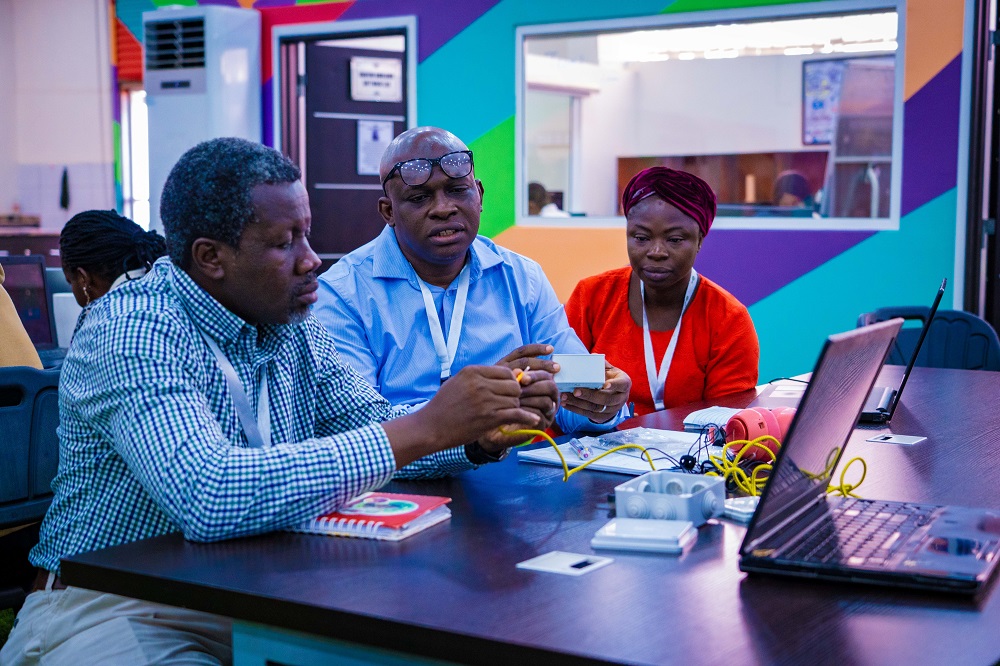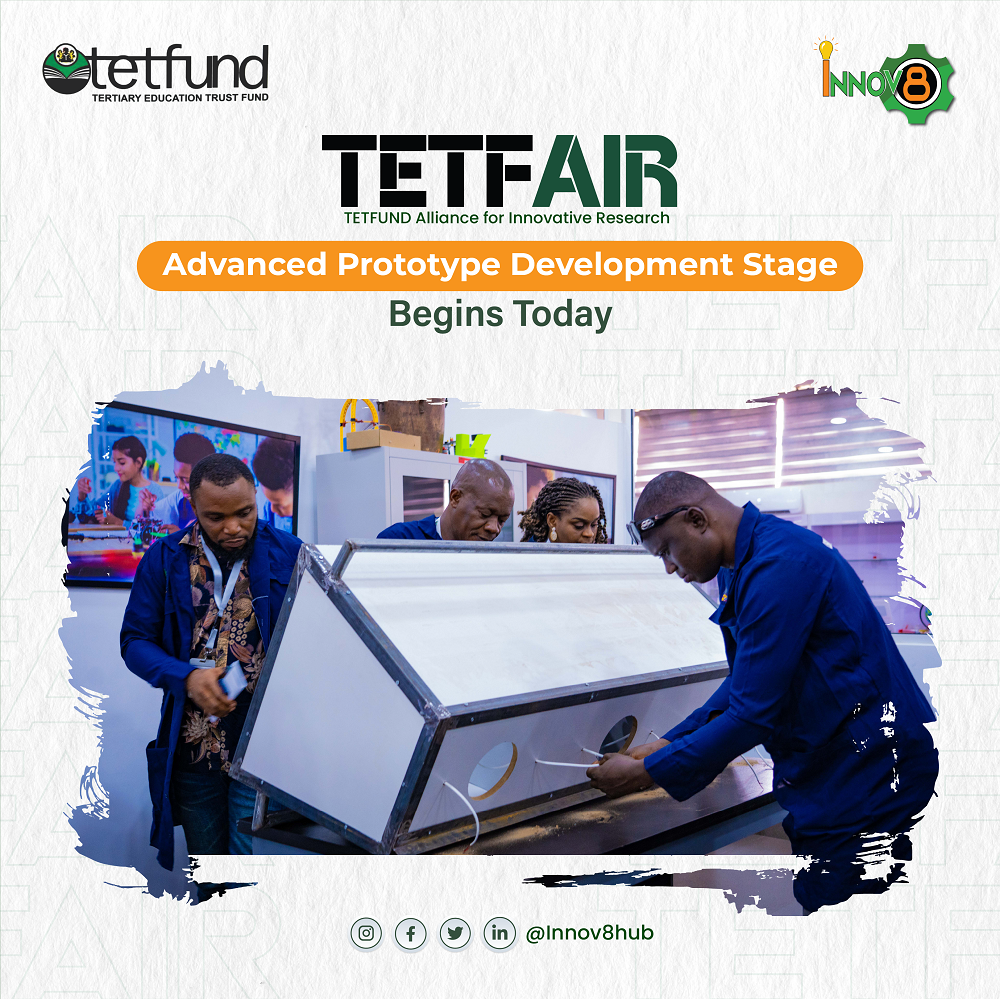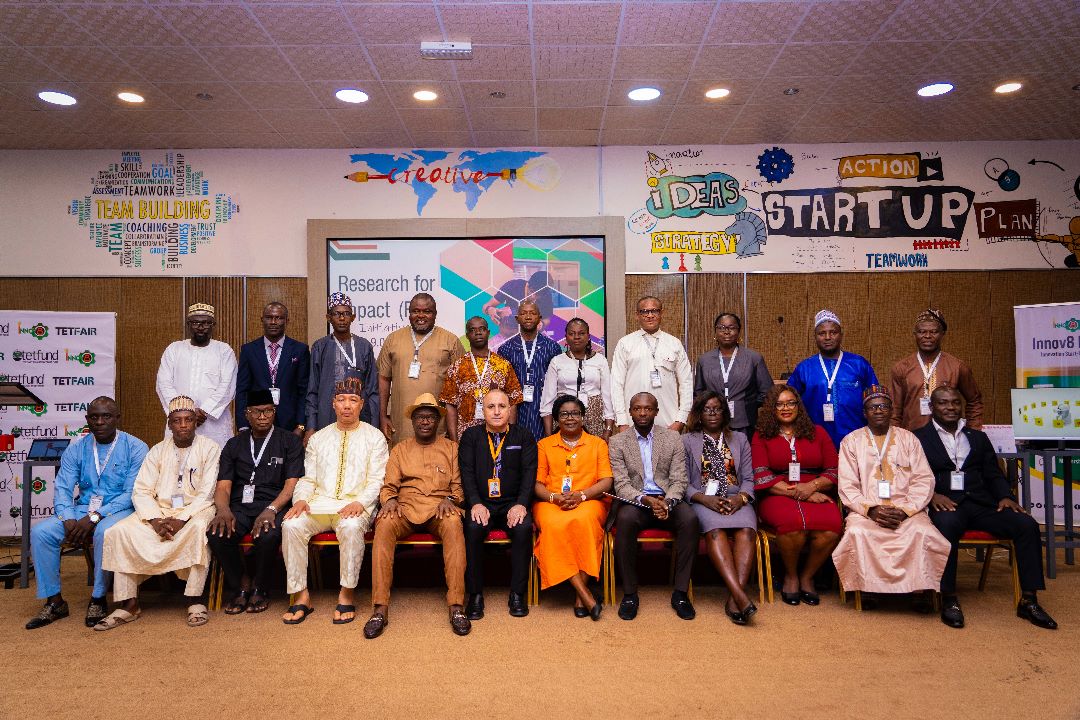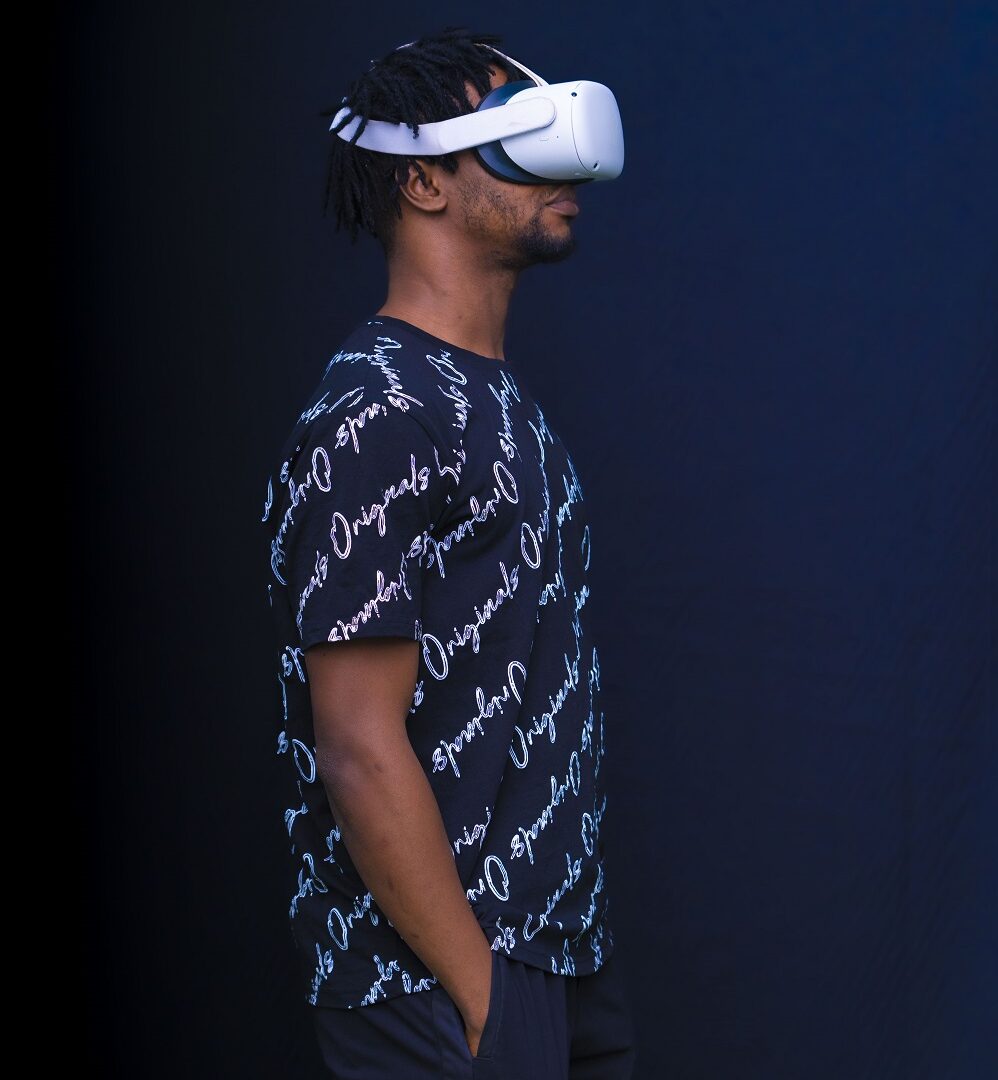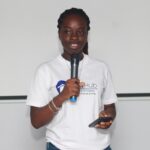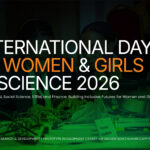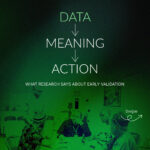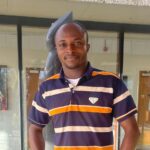Unveiling R4i 10: Transforming Academic Ideas into Innovations for National Impact The stage is set once again as the 10th edition of the Research for Impact Initiative (R4i) takes flight. This initiative, a collaboration between TETFund and Innov8 Hub, has returned with renewed vigor. The goal? to catalyze innovation and solutions within the Nigerian academia. With commitment to global best
TETFAIR Stories: Innovation on Track with NIMTrack
Introduction In the vast landscape of Nigeria, where agriculture is not just a way of life but a backbone of the economy, farmers face a unique set of challenges. From the heart of this bustling agricultural sphere emerges a visionary solution that promises to transform animal management – NIMTrack, a wireless network-based system developed by TEAM 4 from TETFAIR. The
TETFAIR STORIES: A Digital Solid Fuel Stove is Cooking at TETFAIR (TEAM 13)
Introduction TETFAIR STORIES: According to a report from the United Nations in 2021, Nigeria had the highest number of child deaths worldwide due to pollution-related pneumonia standing at a staggering 70,000. Shockingly, UNICEF disclosed that 40% of these fatalities were attributed to indoor air pollution from solid cooking fuels. As a result of such morbid statistics, urgent action was imperative.
Revolutionizing Food Processing: TETFAIR’s Innovative Approach to Tackling Post-Harvest Losses
In the realm of innovation, stories often emerge from collaboration and ingenuity. Within the heart of this narrative lies TETFAIR, a collaborative initiative of the Tertiary Education Trust Fund (TETFund) and Innov8 Hub. From inception, TETFAIR has aimed to foster a dynamic environment where the Government, Academia and Industry could converge to tackle societal challenges and offer the possibility for
TETFAIR STORIES SO FAR: On the Road to Venture Creation
Introduction TETFAIR STORIES SO FAR: With TETFAIR’s third Bootcamp in full swing, teams have converged once again at Innov8 Hub, fueled by the shared ambition to catapult their prototypes to new heights of design and functionality. TETFAIR STORIES SO FAR: Accelerating with Brake Pads (TEAM 16) In the intricate operation of motor vehicles, very few components hold as much importance
TETFAIR STORIES SO FAR: A Hearing Aid and a Zobo-Making Machine
Introduction TETFAIR STORIES SO FAR: As the third TETFAIR Bootcamp takes flight, the collaborative efforts of TETFund and Innov8 Hub continue to illuminate a path for addressing societal challenges through innovative solutions, forging ahead towards the creation of successful ventures. Unfolding within the vibrant atmosphere of the third TETFAIR Bootcamp, participants have converged to elevate their prototypes to new heights
TETFAIR: Third Bootcamp Commences at Innov8 Hub
TETFund’s TETFAIR third Bootcamp
Over the span of two weeks, participants will engage in close collaboration with accomplished experts and mentors at TETFAIR. This synergistic effort aims to meticulously refine their prototypes, enhancing the potential for these innovations to evolve into prosperous ventures…
Safeguarding the Digital Frontier: Navigating the Landscape of Cybersecurity in Technology
Cyber Security and Technology: Introduction Cyber Security and Technology: In our rapidly evolving digital age, technology has become the backbone of modern society, transforming the way we work, communicate, and live. However, this technological advancement has brought about a new set of challenges, particularly in the realm of cybersecurity. As our reliance on technology deepens, the need for robust cybersecurity
Recap of Research for Impact (R4i) 9.0: Transforming Nigerian Academia through Innovation
Research for Impact (R4i) 9.0: Introduction The Research for Impact Initiative concluded its 9.0 edition on Friday the 4th of July 2023. R4i is an initiative of the Tertiary Education Trust Fund (TETFund) in collaboration with Innov8 Hub. The 9.0 edition was designed for members of the Nigerian Academia from Technical Colleges of Education across Nigeria. The Research for Impact
Revolutionizing Technology: The Transformative Power of Virtual and Augmented Reality
Introduction Virtual and Augmented Reality: In the ever-evolving landscape of technology, only a few innovations have captured the imagination and potential for transformation quite like Virtual Reality (VR) and Augmented Reality (AR). Once considered niche technologies, VR and AR have rapidly evolved into powerful tools that are reshaping various industries, from entertainment and education to healthcare and manufacturing. Welcome to
